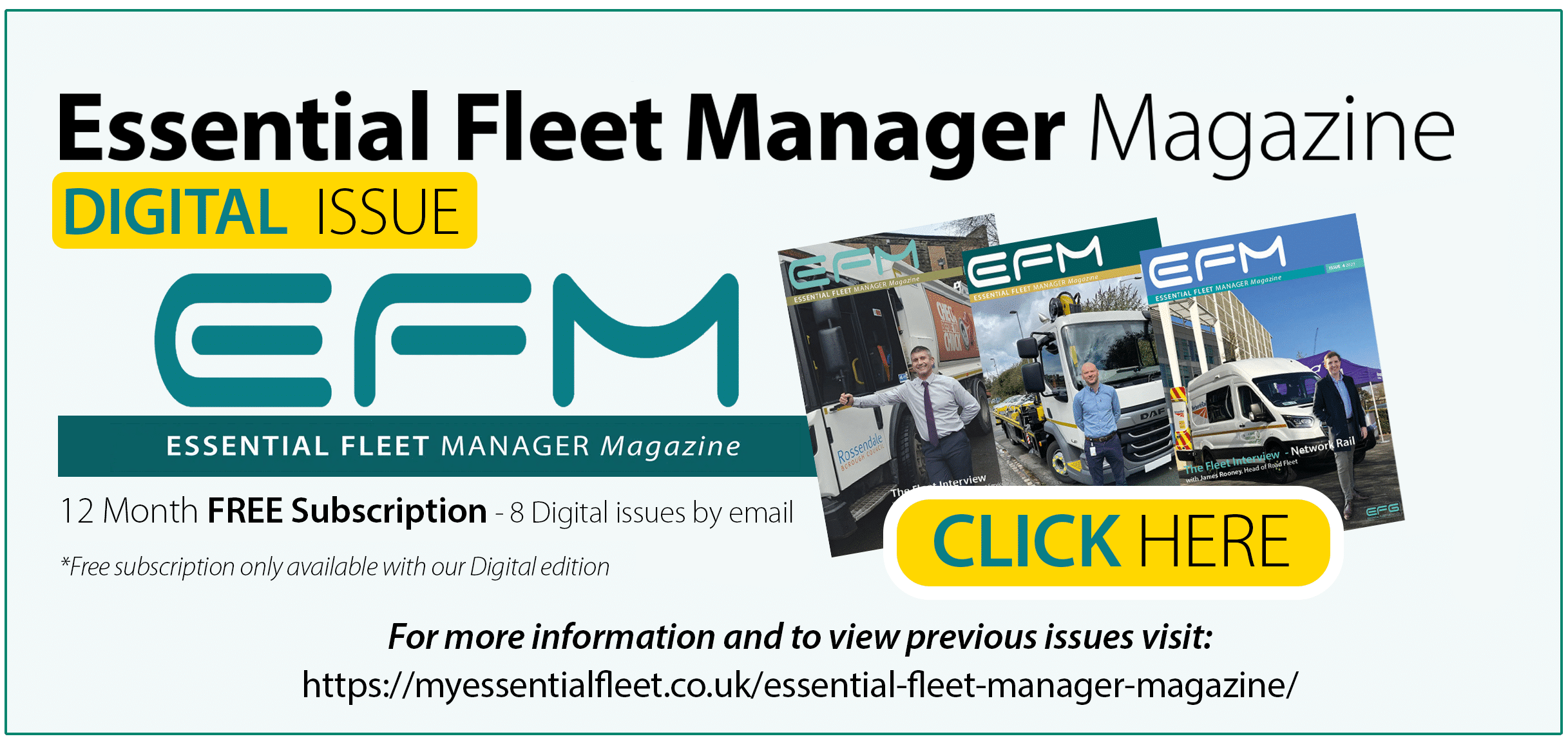From asset management and driver risk management, through to controlling budgets and fleet dispoals, a Fleet Manager’s role is a complex one. We have listed just a few areas of responsibility within fleet management.
Auctions
Part of a Fleet Manager’s role is dealing with vehicle disposals and replacement. If vehicles are owned outright, specialist fleet vehicle auctions can be used to achieve a greater value for vehicles that haven’t reached their end-of-life and that still have a residual value.
Benchmarking
Fleet managers should compare their fleet processes against other similar organisations in the same sector to help them understand how to achieve future cost savings, reduce risk, improve their duty of care focus, ‘green’ their fleet and enhance operational efficiencies. This process is know as bench-marking.
Compliance
Fleet management is anything but a straight forward process and running a compliant fleet means having information to hand to evidence that essential checks have been carried out to specific standards. By creating an auditable trail, a fleet manager can show the steps taken to meet compliance requirements in all aspects of their fleet operations. From mitigating risk by checking a driver’s licence to specifying the correct vehicle that is fit for purpose means staying compliant is essential and not optional.
Daily Vehicle Checks
Daily vehicle checks are an easy and effective way to ensure drivers are as safe as they can possibly be out on the road. By carrying out a visual check of the vehicle before heading out, drivers should be able to spot issues with their vehicles which may become potentially dangerous if not attended to. Carrying out regular visual checks is also an effective way to minimise vehicle downtime.
Read more download the pdf




